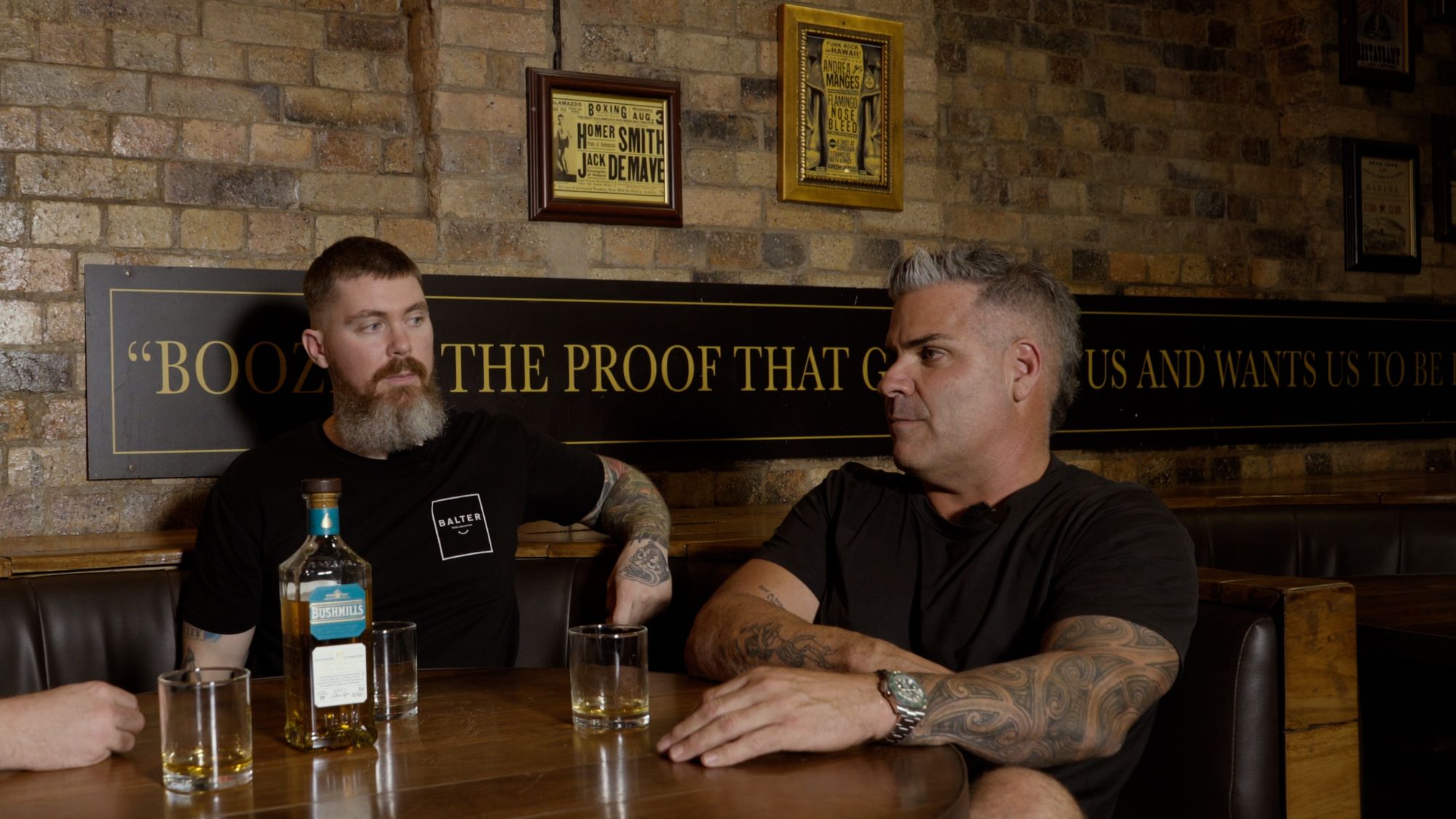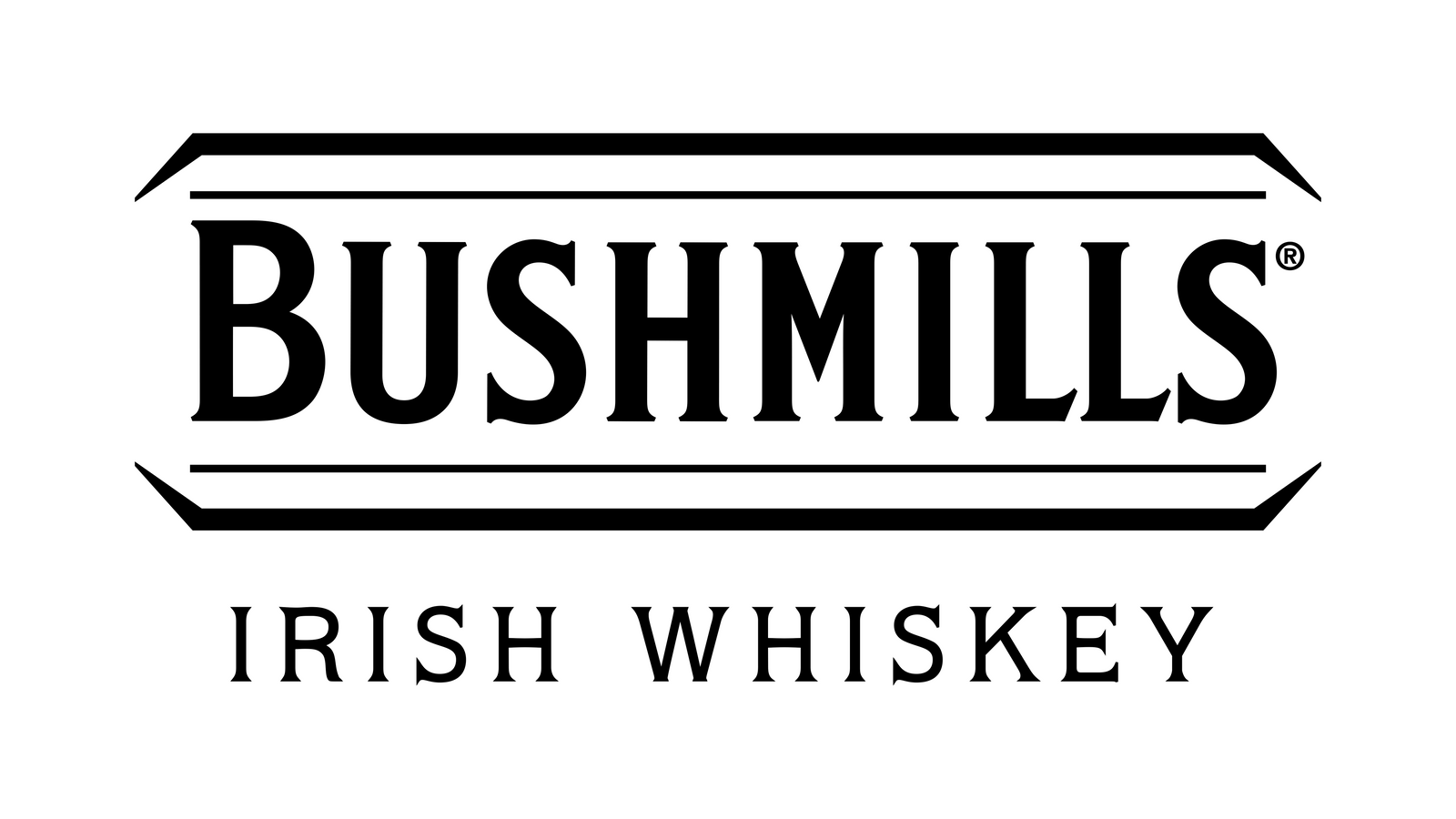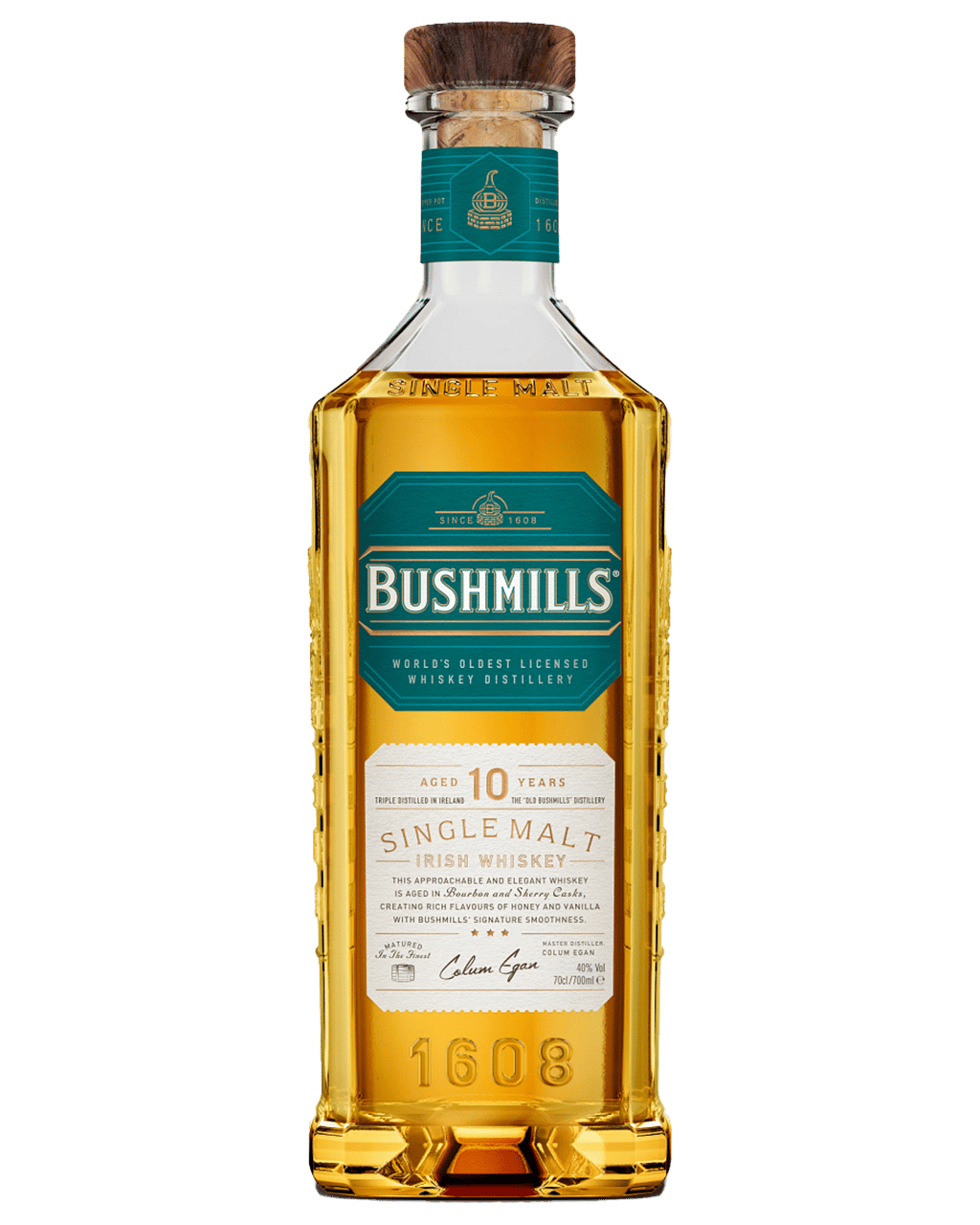Eight years in: how to open a bar like Brooklyn Standard
“If I knew how hard it would be I probably wouldn’t have done it.”


Some bars are cocktail bars, serious exponents of the spiritous craft; other bars are neighbourhood joints, welcoming, familiar, a second home. And who can forget the five star dive bar? As we’ve been told before, dive bars never die.
But one of the hardest bars to do well and — crucially — to keep going, is the party bar. They’re those good time places where the music is up loud and the lights down low, the kind of place that makes memories.
It’s a place like Brooklyn Standard in Brisbane. Sat in a basement of a building down a back lane of the CBD, when Brooklyn Standard opened in 2014 there were few other bars within walking distance — most of the bar action in Brisbane happened anywhere but the CBD.
“I’d told people we were opening a bar downstairs in a laneway and they said I’m crazy,” says Adam Barton, co-owner of Brooklyn Standard. “Like, you’ll be broke in six months.”
Eight years later, though, it's clear they know what they're doing.
But how do you keep a party bar, one that focuses on live music, going six nights a week for eight years? How does the party keep on partying?
Below and in the video above, we hear from Barton and Brooklyn Standard general manager Harlen Pointing on how the bar has gone from newcomer to Brisbane mainstay, their advice for opening a bar that lasts, and loads more.
Sam Bygrave: Where did Brooklyn standard come from? What was the idea when you first opened?
Adam Barton: I grew up going out, listening to live music. I’ve always loved live music. And I suppose nine, 10 years ago, when the concept came to a head, live music was dying. Live music was pretty much dead. It was nightclubs and DJs. And I just couldn’t stand the thought of not having live music. I thought, how hard can be to own a live music venue? It can’t be that hard, right?
Wrong, wrong. But it was just from my love, and I suppose my ignorance of not really realising how hard it could be. Because if I knew how hard it would be I probably wouldn’t have done it. But here we are eight years later.
You had a restaurant before, right?
AB: I had a a restaurant at Southbank as well, previous to this, but this was the first bar.
Did you have any idea what you’re getting into?
AB: A little bit. Like I said, if I knew, maybe I wouldn’t have done it.
Harlen, when did you come on board?
Harlen Pointing: I came in at the beginning. I was hired as the first bar manager of Brooklyn Standard by Adam, and Justin [Debeer] who opened the venue. So I’ve been here since day dot.
What was it like when you first opened the doors? That first week — what was that feeling like?
AB: Fuck, what have we done? I don’t think we really had any idea of the beast that it would grow into.
HP: I mean, it’s definitely evolved a lot over the years — keeping the same ethos, I think, at the core, but just really evolved a lot over the years. But I had no idea how it would grow to what it would become. I remember the first night that we opened, the first performer we had on stage, jumped up and tried to play and couldn’t get the guitar going, and I was like Oh no... It eventually started working and it kicked off well. But yeah, it’s been an interesting journey.
Was this place popular from the get-go?
HP: We thought it was popular.
AB: It was popular, we thought it was popular. [But] looking back now, we were not popular.
HP: We’re a lot busier [now], we’re the most busy we’ve ever been now, you know, but we were pumped with how it was going in the beginning. And then it just kept growing and growing.
AB: I think it took a while for Brisbane people to get used to the fact of a laneway bar. I’d told people we were opening a bar downstairs in a laneway and they said I’m crazy. Like, you’ll be broke in six months.
Because in 2014 there wasn’t a lot in this area, was there?
HP: Still to this day, we get people walking past like, What’s this? And they come down and [say], this is so cool. I didn’t know this was here. How long have you been open? I said oh, we’re open eight years.
And eight years in bar opening terms is like, 80 or something.
AB: Yeah we’re in the retirement home.
What has the crowd been like that since it started? You mentioned the ethos — what was that at the start? And how have you kept that the same?
AB: You just gotta give people what they want. Live music, fun. Good drinks. Good times.
HP: At its core Brooklyn Standard has always been a party venue, like a fun party bar. We’ve never taken ourselves too seriously. We like to have a good drinks program. We like to have nice whiskey on the back bar. That’s important for us. Having that team culture is so important. And I think that’s part of the longevity as well, the team culture, having good people working here. Because it It translates so well to the customer. They might not even realise that that’s happening at the time. But if the bartenders and the managers are in a good mood, having fun and enjoying the job, then the patrons can feel that and I think it kind of reverberates through the venue.
Has it ever gotten to the point where the bartenders are having too good of time?
HP: Oh, absolutely.
AB: Yeah, regularly.
HP: Once every six, eight months.
AB: We pull the reins in a bit, have a staff meeting.
HP: Yeah, it’s about finding the balance. You know, we’ve had some really amazing teams throughout the years at Brooklyn Standard. And then we’ve had some teams go a little bit crazy and we’ve had to pull them back a little bit.
AB: On the flip side, we’ve had teams that have taken things too seriously, and lost that kind of Brooklyn mojo.
HP: It’s a complicated ecosystem, running a bar. You know, there’s lots of personalities to manage.
What’s the thing for you, Adam, that you love about this space?
AB: There’s not one thing I don’t love about this place. I love everything about it. I love it. I don’t get much in on Friday, Saturday nights anymore. When I do, I love walking down those stairs, and see the place full of people dancing, having fun, drinking. People call it the crab pot. Because once you come down, you’re stuck. You never want to leave. And you know the crab pot — you’ve been caught before.
Yeah, I have. I think it has something to do with the entrance.
AB: There’s this is reveal when you walk down the stairs, it’s the reveal.
Was that something you planned?
AB: It was. They originally had the stairs planned for this wall [and would open] to Queen Street. I asked the builder to move them around to the back because you want it to be more hidden. And then you walk down and as you walk down, you discover Brooklyn. And like I said, when you walk down those stairs on a Friday night and the place is humming, there’s no better feeling.
Adam, how have you managed to keep Harlen for eight years?
Your staff and your management team — and we’re business partners in other ventures — they’re key to everything. You can’t run an empire by yourself. You can’t do it. It’s impossible. You have to have people that you trust. And I think what we [Harlen and I] have is pretty special. I consider myself very lucky to have him. As I said, he’s General Manager here and my business partner in other ventures, but I think the people that work with you and underneath you are everything.
Is there a certain type of Brooklyn Standard bartender you go for, and how would you describe it?
HP: That’s an interesting question. I don’t necessarily think there is a specific type of Brooklyn Standard bartender. I think that as long as the that bartender is interested in old school hospitality, and has got a friendly demeanor, and they’re willing to kind of work with us and mould into our crew here with what we do, then that’s it really.
AB: I don’t think you could put two of the team in the same category — they are all very, very different. And over the years, they’ve always been very, very different. Each team member has brought something of their own special thing to Brooklyn.
So in that sense, has the character of the place changed in your mind? Maybe the public might not see it.
HP: Yeah, I think it has, I think it’s definitely evolved a lot over the years.
Because it grows, right?
HP: Yeah it grows. And as it gets busier, you kind of have to evolve or die a little bit, you know? Like you can’t do things exactly — you can’t serve 150 people like you would 50 people; the service style changes slightly. Because we’re a lot more high volume now than we used to be.
When did that happen?
HP: I mean, I think we were pretty busy the couple of years before Covid. Yeah, like we’re getting there. But honestly, since we’ve come back from Covid, and restrictions have been eased, we’re now probably the busiest we’ve ever been.
I mean, if anyone if anyone ever needed an excuse to party that was it.
HP: Exactly, exactly.
When when did you turn around and look at this place, and think, we’ve built something really good, and it’s kind of a success and it’s gonna last?
AB: I think it was probably two, three years before Covid. I think we were probably three years in. And I was like, this is actually something pretty cool. It’s got some longevity in it. We had a good team. We’re doing good trade. People coming every night. It was good. I think it was probably then after about three or four years. And I went yeah, this is actually something that’s got legs.
How long do you reckon this place is gonna be around?
AB: I would love for this place to have longevity and legs. I believe it does. I personally believe in my heart it always has.
HP: I think so too. I think that as long as we stay consistent with our offering and you know, provide good service and good quality music, drinks. It’s a beautiful location, right in the middle the city — if we can just continue doing all those things, I can’t see any reason why we wouldn’t have people coming through the doors.
What’s the big secret to the success here, then? What would you advise people to think about to get them to eight years and plus?
AB: I say listen to what your customers are telling you. Don’t be pigheaded and stubborn enough to think that your way is the only way.
HP: Also, be good to your staff. Because if you’re good to them, they’ll work hard for you, and your business will thrive, I think.
Tips on taking a bar to eight years and beyond
Harlen Pointing: I would say don’t overcomplicate the concept, right? I think that you should be able to explain the concept of your bar, your venue, in five words or less. If you can’t, then it’s too complicated. Cut it down, change it. And obviously put a good team in place and trust the team.
Adam Barton: Besides saving a shit ton of money, I think just do your research. Go talk to other bar owners. Whether it’s Brisbane, Sydney, Melbourne, Perth or wherever, go and talk to bar owners. If anyone ever came to me and said I want to have my own bar, what can you tell me? As long as you’re not opening Brooklyn Standard right next door to me, I’m more than happy to help people and give them advice. Most people I know are. I think more than merrier — as long as you’re not a direct competitor to me next door I’m cool with it.
What we're drinking
Bushmills Single Malt Irish Whiskey 10 Year Old is triple distilled from a mash of malted barley before being matured for at least 10 years in both former bourbon and sherry casks. It offers up a light, fruity aroma on the nose, with honey, vanilla and milk chocolate flavours on the palate.


